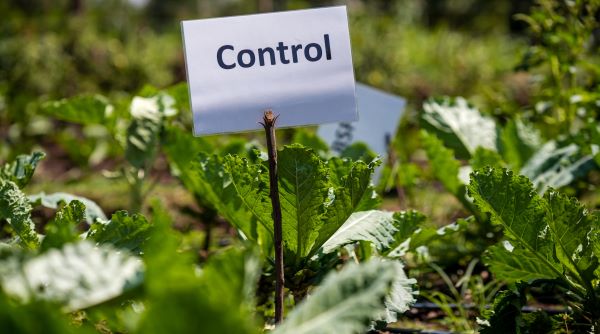In Kapsowar, Elgeyo Marakwet County, smallholder farmer Mercy Jerop has adopted regenerative agriculture techniques to mitigate the adverse effects of climate variability on her maize and bean production.
By implementing practices such as organic composting, minimal tillage, crop rotation, and cover cropping, she is enhancing soil health, improving water retention, and increasing her farm's resilience to prolonged dry spells and erratic rainfall patterns linked to climate change.
Faced with erratic rainfall, declining soil fertility, and frequent crop failures, Jerop has embraced practices that restore her land's natural health.
The result is stronger yields, healthier soil, and a level of resilience that many of her neighbours are now seeking to replicate. "I used to lose a lot of produce during the dry seasons," says Jerop. "But since I started recycling crop waste, planting cover crops, and using compost, my land holds more water, and my crops survive even when the rains fail." Jerop is part of a growing number of farmers in Elgeyo Marakwet turning to regenerative agriculture, a climate-smart approach that focuses on rebuilding soil health, increasing biodiversity, and working with nature rather than against it.

